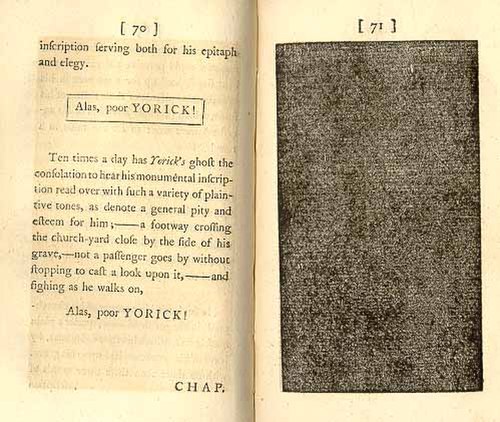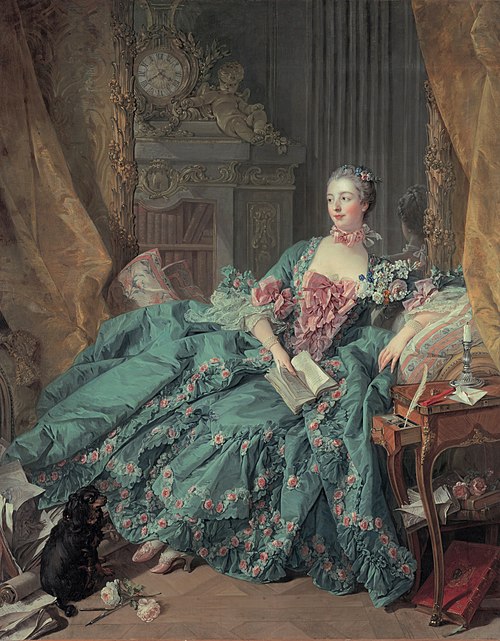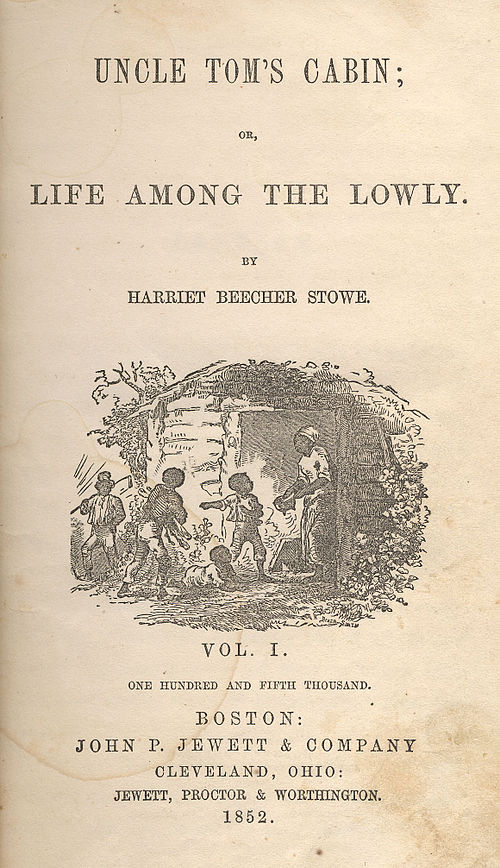Dramanoun
A composition, normally in prose, telling a story and intended to be represented by actors impersonating the characters and speaking the dialogue
Dramanoun
Such a work for television, radio or the cinema (usually one that is not a comedy)
Dramanoun
Theatrical plays in general
Dramanoun
A situation in real life that has the characteristics of such a theatrical play
Dramanoun
(slang) Rumor, lying or exaggerated reaction to life events; melodrama; an angry dispute or scene; intrigue or spiteful interpersonal maneuvering.
Dramanoun
A composition, in prose or poetry, accommodated to action, and intended to exhibit a picture of human life, or to depict a series of grave or humorous actions of more than ordinary interest, tending toward some striking result. It is commonly designed to be spoken and represented by actors on the stage.
Dramanoun
A series of real events invested with a dramatic unity and interest.
Dramanoun
Dramatic composition and the literature pertaining to or illustrating it; dramatic literature.
Dramanoun
a dramatic work intended for performance by actors on a stage;
Dramanoun
an episode that is turbulent or highly emotional
Dramanoun
the literary genre of works intended for the theater
Dramanoun
the quality of being arresting or highly emotional
Dramanoun
a play for theatre, radio, or television
Dramanoun
plays as a genre or style of literature
Dramanoun
the activity of acting
Dramanoun
an exciting, emotional, or unexpected event or circumstance
Drama
Drama is the specific mode of fiction represented in performance: a play, opera, mime, ballet, etc., performed in a theatre, or on radio or television. Considered as a genre of poetry in general, the dramatic mode has been contrasted with the epic and the lyrical modes ever since Aristotle's Poetics (c.
Noveladjective
new, original, especially in an interesting way
Novelnoun
(obsolete) A novelty; something new.
Novelnoun
A work of prose fiction, longer than a novella.
Novelnoun
(historical) A fable; a short tale, especially one of many making up a larger work.
Novelnoun
A new legal constitution in ancient Rome.
Noveladjective
Of recent origin or introduction; not ancient; new; hence, out of the ordinary course; unusual; strange; surprising.
Novelnoun
That which is new or unusual; a novelty.
Novelnoun
News; fresh tidings.
Novelnoun
A fictitious tale or narrative, longer than a short story, having some degree of complexity and development of characters; it is usually organized as a time sequence of events, and is commonly intended to exhibit the operation of the passions, and often of love.
Novelnoun
A new or supplemental constitution. See the Note under Novel, a.
Novelnoun
a extended fictional work in prose; usually in the form of a story
Novelnoun
a printed and bound book that is an extended work of fiction;
Noveladjective
of a kind not seen before;
Noveladjective
pleasantly novel or different;
Novel
A novel is a relatively long work of narrative fiction, typically written in prose and published as a book. The present English word for a long work of prose fiction derives from the Italian: novella for , , or , itself from the Latin: novella, a singular noun use of the neuter plural of novellus, diminutive of novus, meaning .Some novelists, including Nathaniel Hawthorne, Herman Melville, Ann Radcliffe, John Cowper Powys, preferred the term to describe their novels.




















